Rabobank's cynical regime of doping still has the power to shock
Depth of the Rabobank team's doping practices is revealed in testimonies given during Geert Leinders investigation
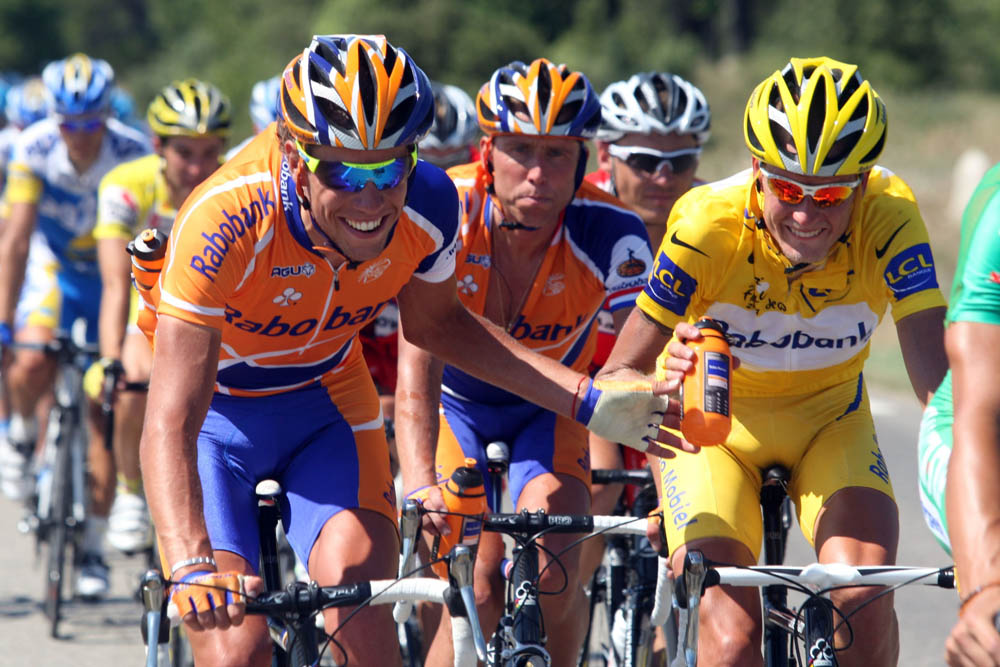
Michael Rasmussen and Rabobank team-mates during the 2007 Tour de France
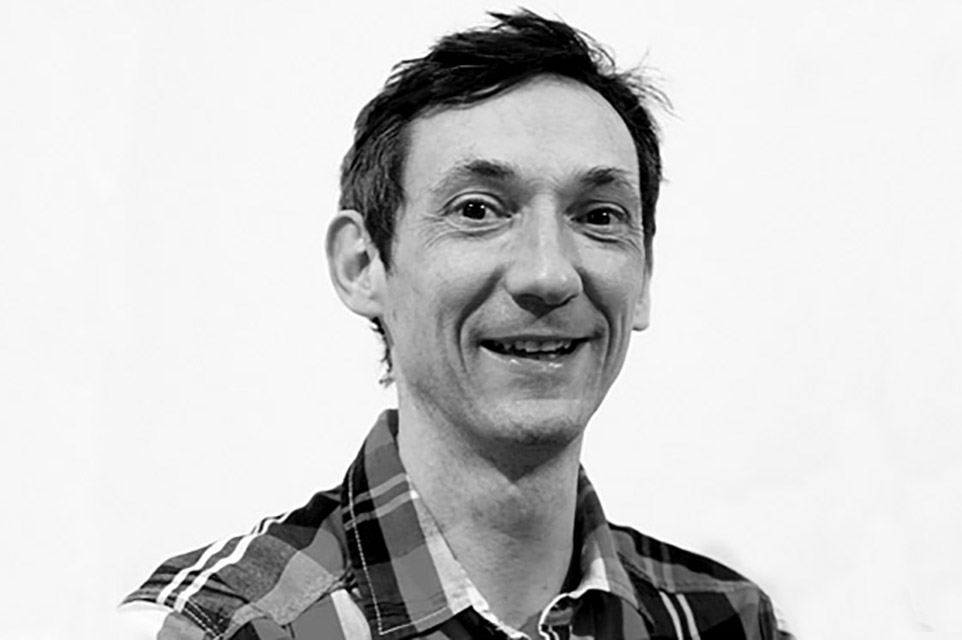
The measures that the former Rabobank team took to dope its riders, and conceal the use of banned substances, has been revealed in testimonies given during Dr Geert Leinders' doping investigation.
Former Rabobank riders Michael Rasmussen and Levi Leipheimer both gave testimonies as part of the investigation into Leinders' activities in the team between 1996 and 2009. It resulted in Leinders receiving a lifetime ban.
As part of Rasmussen's testimony, he says that former team-mate Michael Boogerd had received a blood transfusion from his brother during the 2002 Tour de France. Leipheimer, too, used his brother's blood to boost his red blood cell count and improve his performance.
They are among the many still shocking statements made in the testimonies.
The full decision relating to the Leinders case has been published on the United States Anti-Doping (USADA) website, and makes for sober reading. Despite past revelations unearthed by investigations and 'tell all' books published by former riders, the details of the Rabobank team's cynical doping practices still has the power to shock.
>>> Former Rabobank and Sky team doctor banned for life
Blood transfusions on the team bus, insulin smuggled under the proviso it was for a diabetic member of the team staff, open meetings on how to evade tests, cortisone injections and the ever-present EPO and testosterone regimes are all outlined.
Get The Leadout Newsletter
The latest race content, interviews, features, reviews and expert buying guides, direct to your inbox!
Just like the US Postal case that brought about a lifetime ban for Lance Armstrong, the organisation and professionalism of the team's doping stands out - in particular the use of the Human Plasma clinic for the removal and storage of blood for later transfusion.
Leipheimer - who has thus far not talked openly about his doping - says in his testimony that he discussed his EPO use with Leinders on immediately joining the team, and they worked out a plan for him to take the drug. He used EPO to prepare for the 2002 and 2003 Tour de France, and blood transfusions and EPO prior to the 2003 Vuelta a Espana, among other races.
Denis Menchov is also implicated in the testimonies.
The Union Cycliste Internationale (UCI) does not come out of the report well. In a testimony provided by Steven Teitler, manager of legal affairs for Anti-Doping Authority Netherlands, he says that UCI chief medical officer Mario Zorzoli told him that the UCI would contact Rabobank if a suspect anti-doping result was reported.
"Zorzoli confirmed that when a blood test reflected a suspicious result, UCI would contact a Rabobank team doctor, either Dr Leinders or another doctor, to discuss the potential cause of the result."
Teitler implied that this was a way of the UCI controlling the team's doping without any results ever being published. "Riders and staff would have the idea that the UCI was basically on top of them and they had to be careful with what they would do in terms of doping," he said.
The UCI confirmed on Thursday evening that Zorzoli had been suspended from anti-doping duties at the UCI after the decision was published.
Rabobank ended its long-term sponsorship of the team in 2012 after the Armstrong doping revelations.
Given the clarity of the evidence, and the seemingly open nature in which Leinders, his riders and the Rabobank team as a whole discussed and administered doping, it makes Team Sky's argument for employing Leinders in 2011 harder than ever to justify - particularly given former Sky DS Steven de Jongh's tenure at Rabobank at the height of Leinders' doping regime in 2000-2005.

Thank you for reading 20 articles this month* Join now for unlimited access
Enjoy your first month for just £1 / $1 / €1
*Read 5 free articles per month without a subscription

Join now for unlimited access
Try first month for just £1 / $1 / €1

Nigel Wynn worked as associate editor on CyclingWeekly.com, he worked almost single-handedly on the Cycling Weekly website in its early days. His passion for cycling, his writing and his creativity, as well as his hard work and dedication, were the original driving force behind the website’s success. Without him, CyclingWeekly.com would certainly not exist on the size and scale that it enjoys today. Nigel sadly passed away, following a brave battle with a cancer-related illness, in 2018. He was a highly valued colleague, and more importantly, an exceptional person to work with - his presence is sorely missed.
-
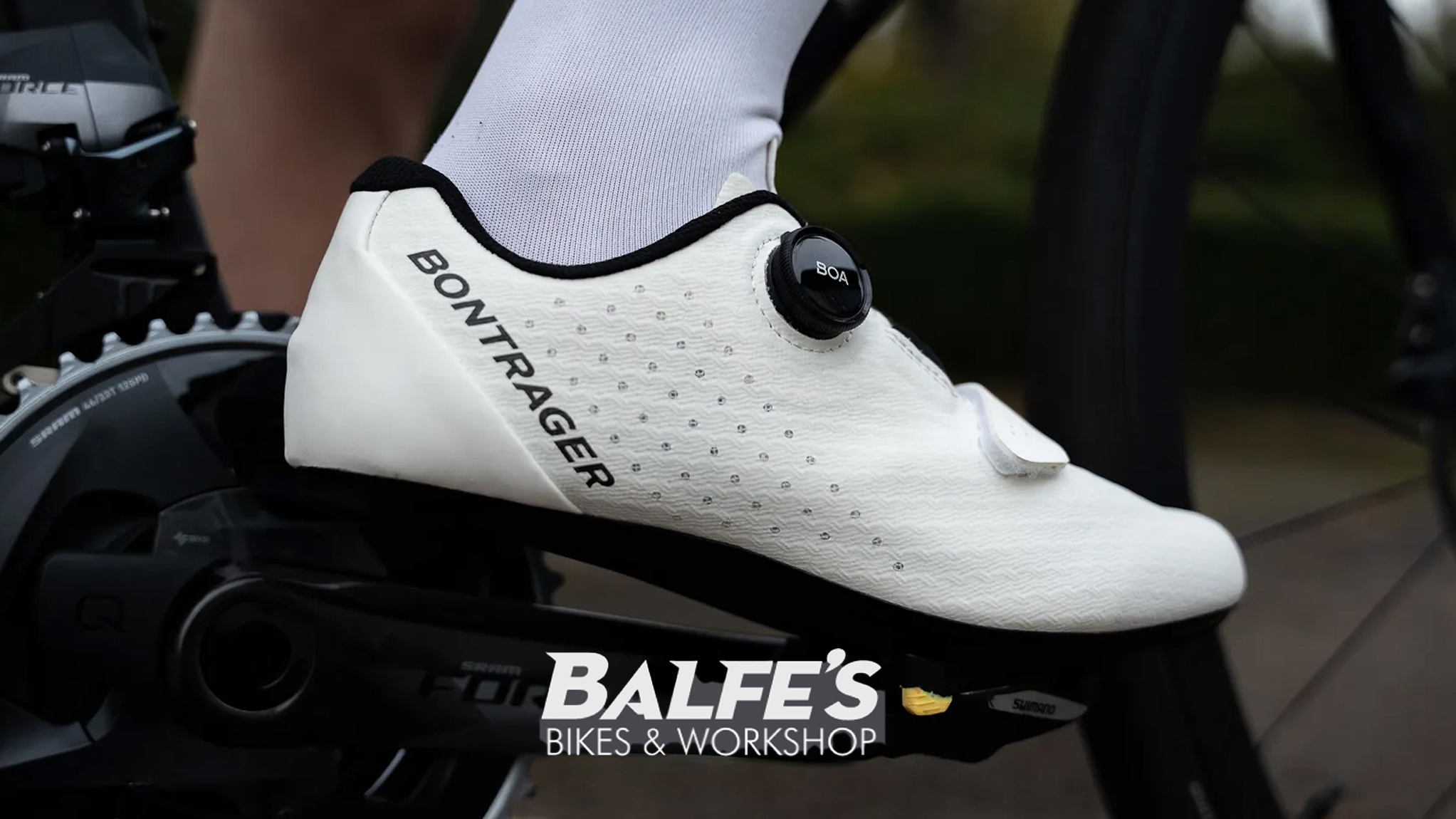 Gear up for your best summer of riding – Balfe's Bikes has up to 54% off Bontrager shoes, helmets, lights and much more
Gear up for your best summer of riding – Balfe's Bikes has up to 54% off Bontrager shoes, helmets, lights and much moreSupported It's not just Bontrager, Balfe's has a huge selection of discounted kit from the best cycling brands including Trek, Specialized, Giant and Castelli all with big reductions
By Paul Brett
-
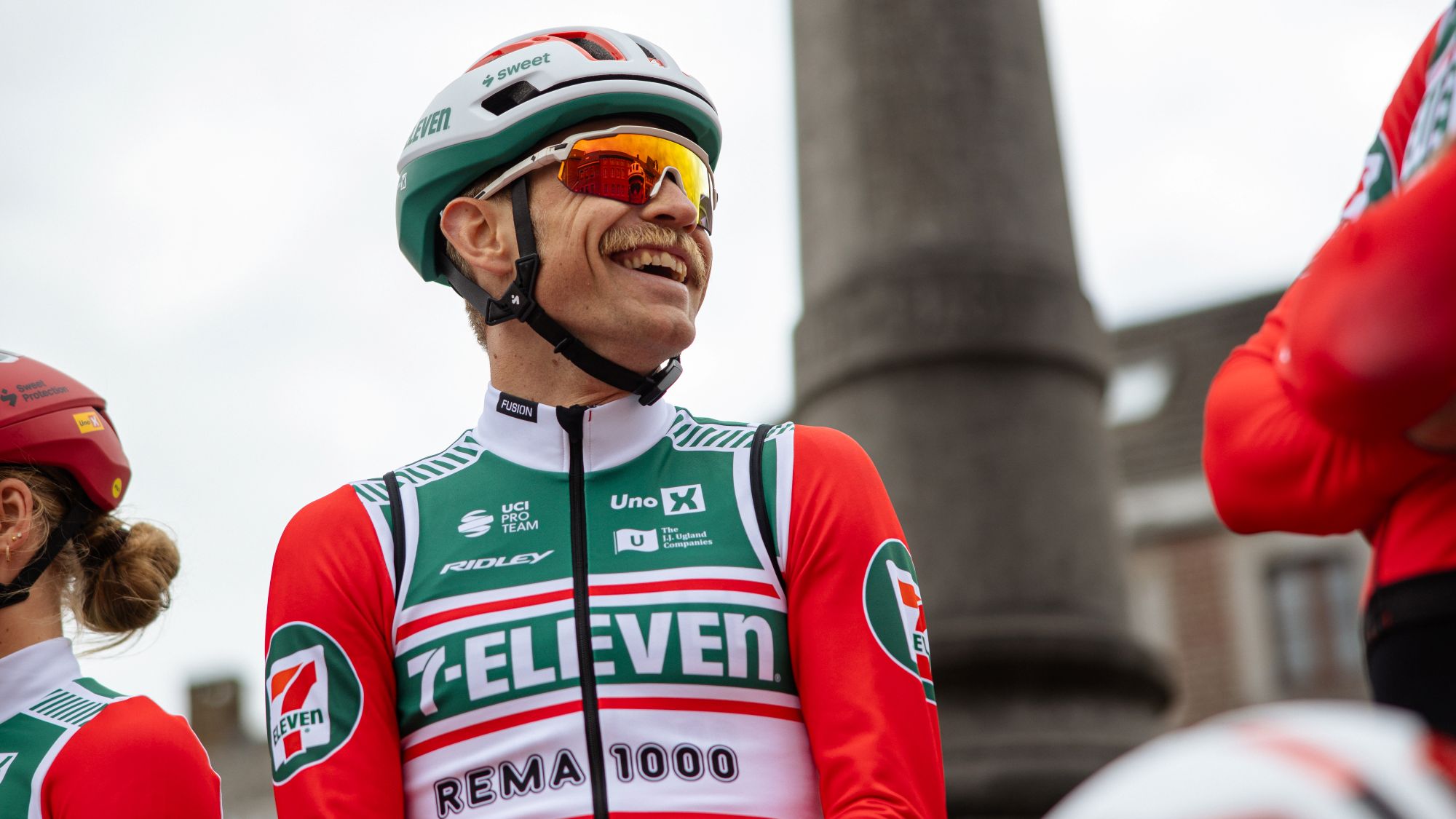 7-Eleven returns to the peloton for one day only at Liège-Bastogne-Liège
7-Eleven returns to the peloton for one day only at Liège-Bastogne-LiègeUno-X Mobility to rebrand as 7-Eleven for Sunday's Monument to pay tribute to iconic American team from the 1980s
By Tom Thewlis
-
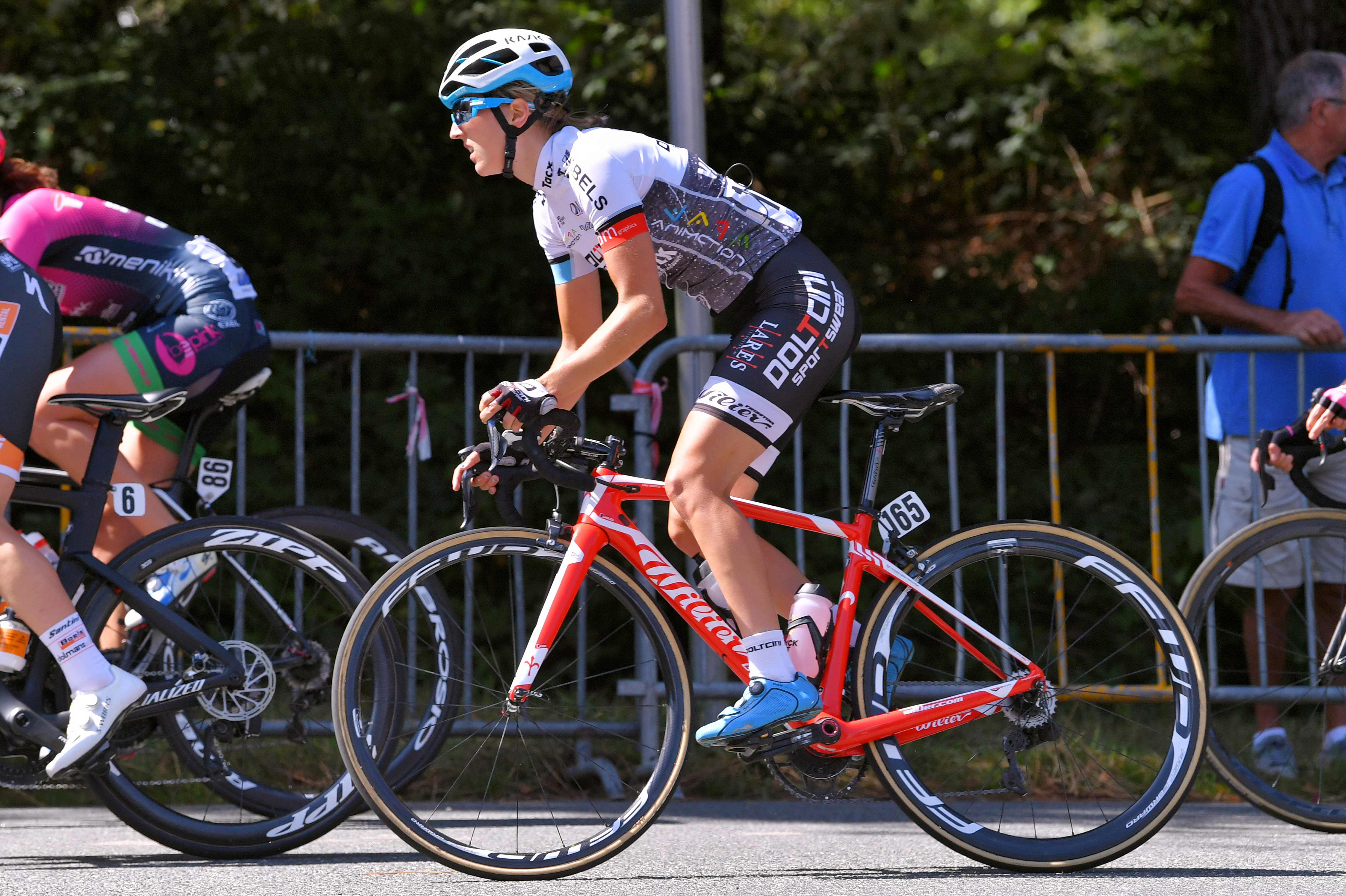 French cyclist given 10-month suspended prison sentence for doping
French cyclist given 10-month suspended prison sentence for dopingMarion Sicot said doping formed "an integral part" of cycling
By Tom Davidson
-
 French cyclist faces suspended prison sentence and €5,000 fine in doping trial
French cyclist faces suspended prison sentence and €5,000 fine in doping trialMarion Sicot, who admitted to taking EPO in 2019, is currently on trial in France
By Tom Davidson
-
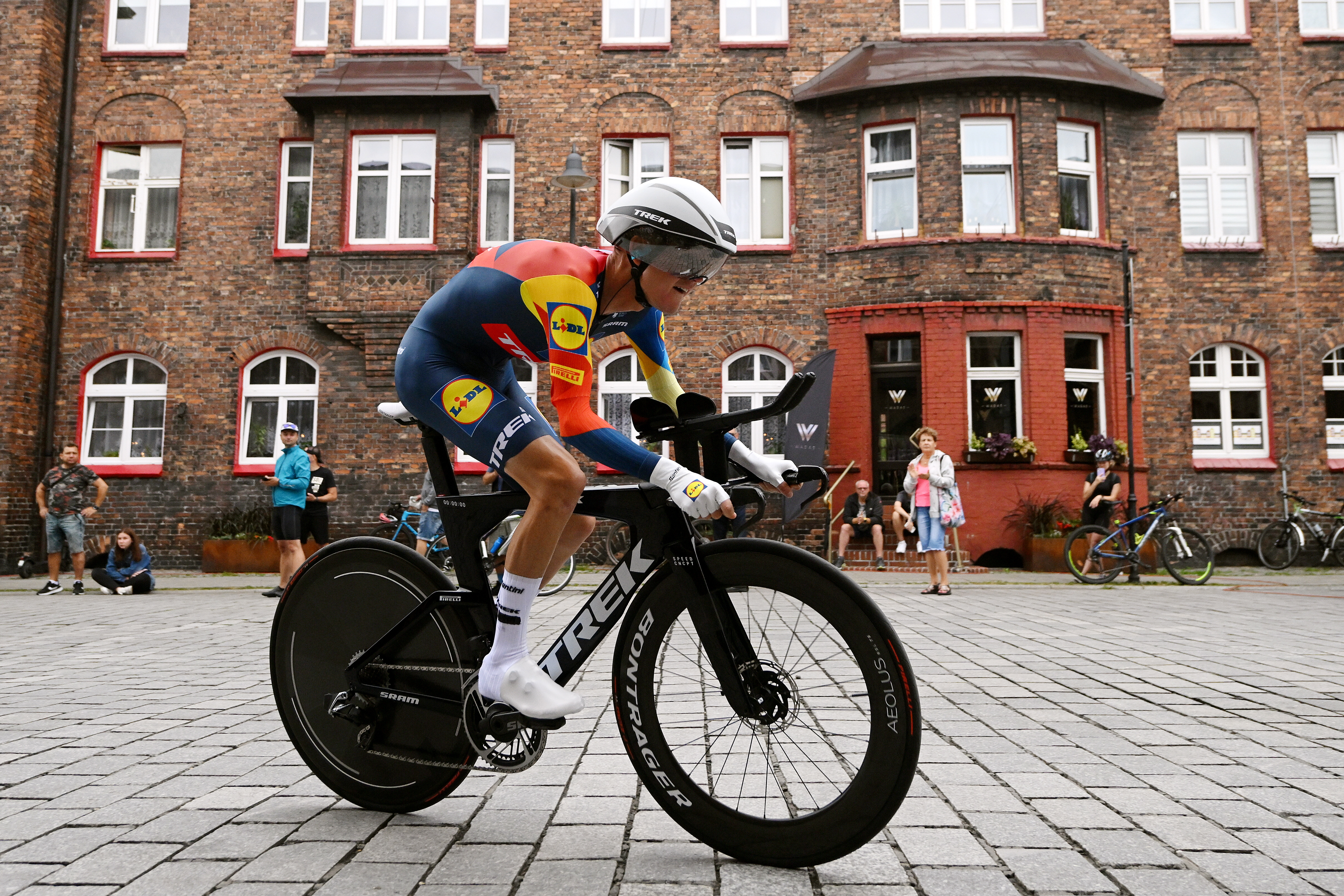 Steroids found in pro cyclist’s anti-doping test sample
Steroids found in pro cyclist’s anti-doping test sampleAntwan Tolhoek has been provisionally suspended by the UCI while proceedings are ongoing
By Tom Davidson
-
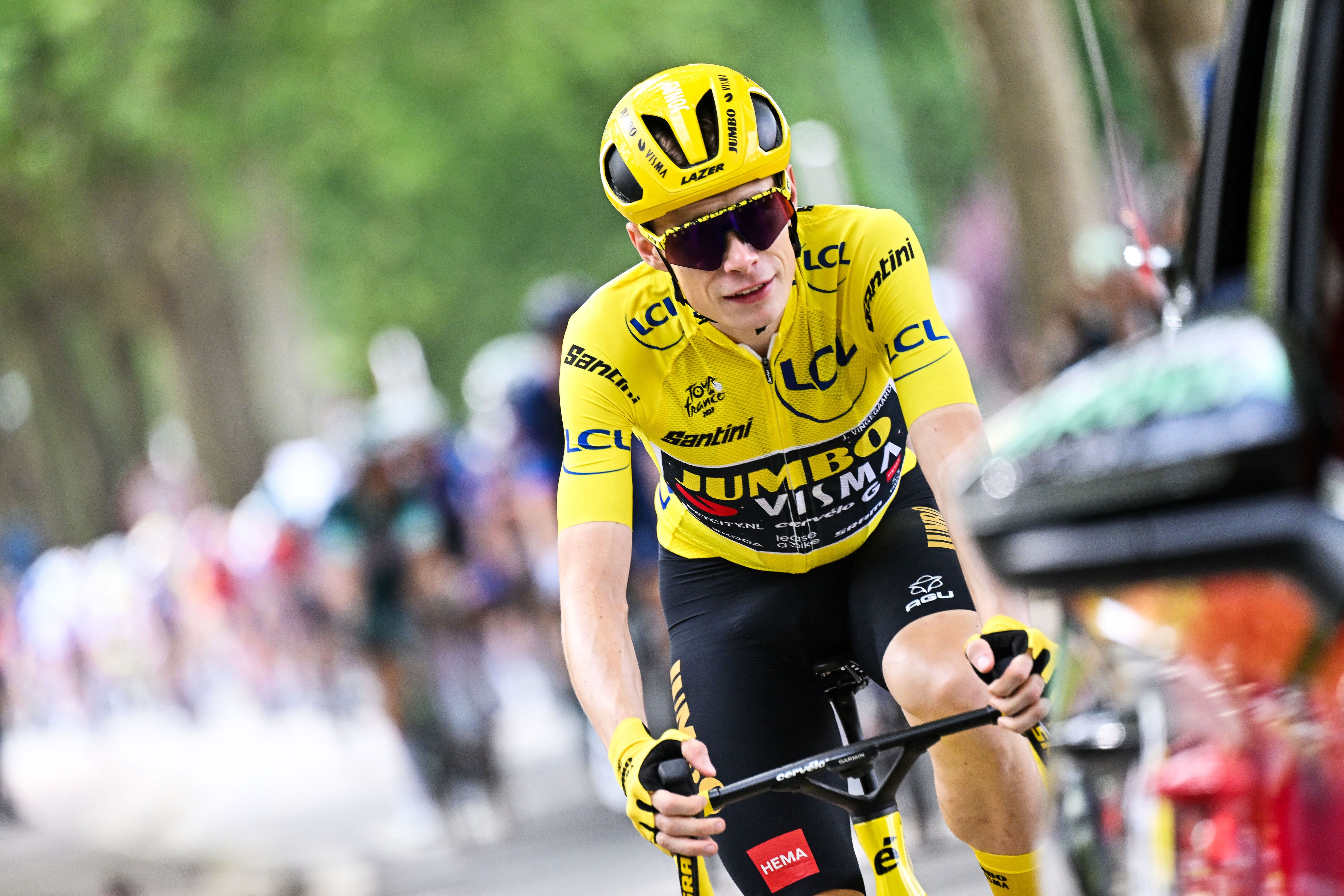 Jonas Vingegaard reveals he missed an anti-doping test
Jonas Vingegaard reveals he missed an anti-doping test'It's not great to have a missed test hanging over you,' says Tour de France champion
By Tom Davidson
-
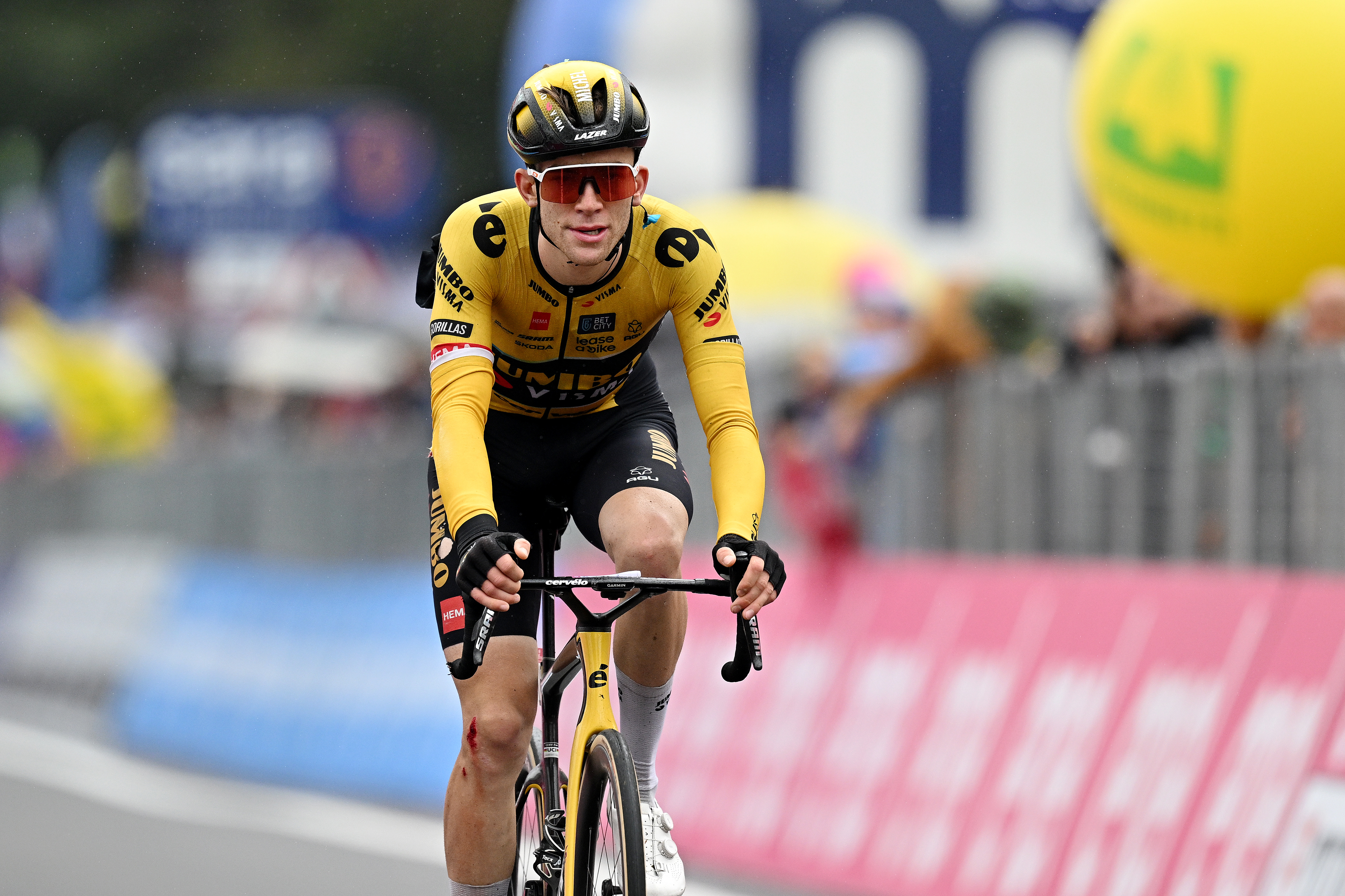 Jumbo-Visma rider Michel Hessmann suspended after positive anti-doping test
Jumbo-Visma rider Michel Hessmann suspended after positive anti-doping testThe 22-year-old's out-of-competition sample detected the presence of diuretics
By Tom Davidson
-
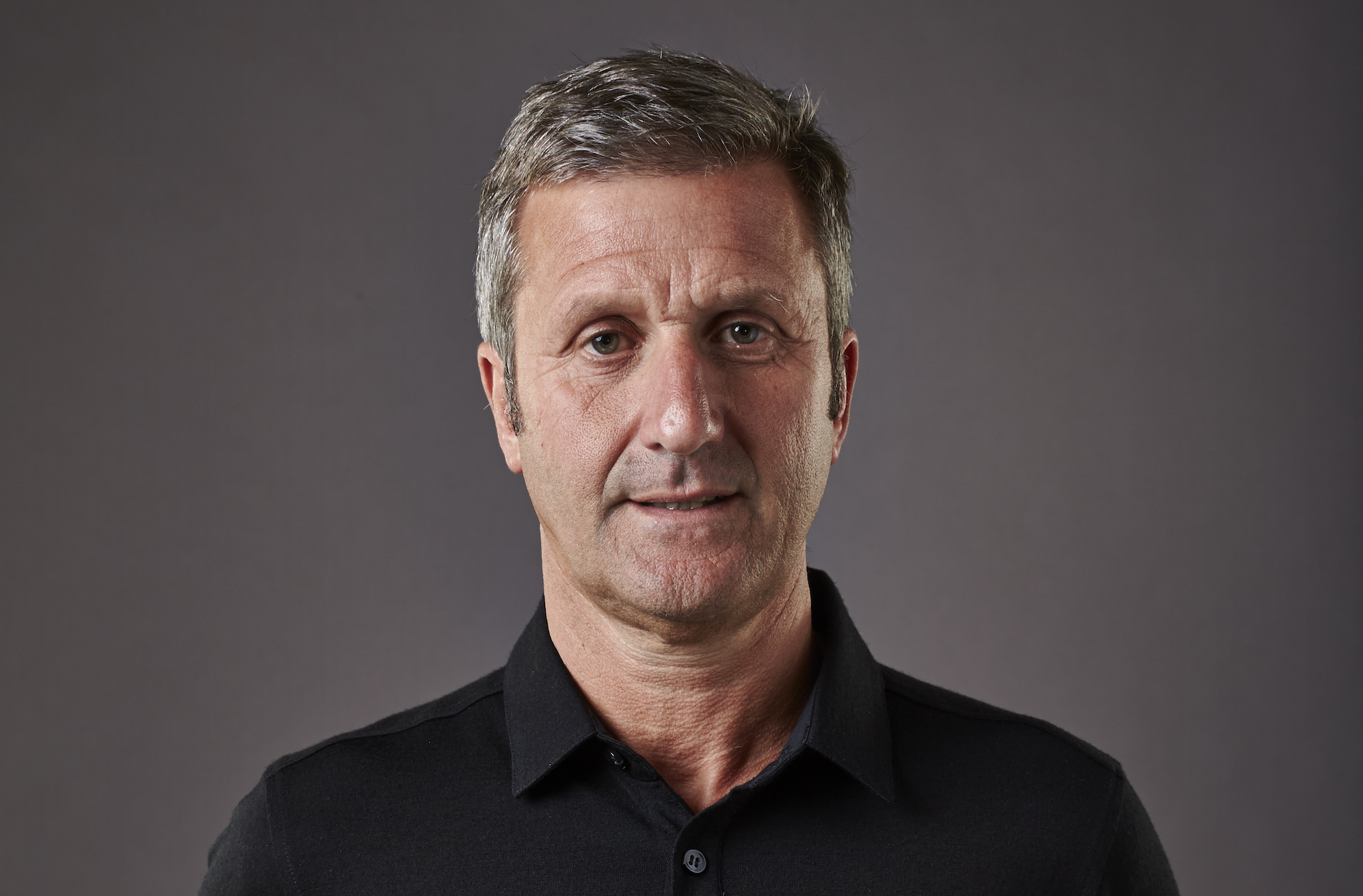 Former British Cycling doctor Richard Freeman given four-year doping ban
Former British Cycling doctor Richard Freeman given four-year doping banFreeman chose not to defend himself before the anti-doping panel
By Tom Davidson
-
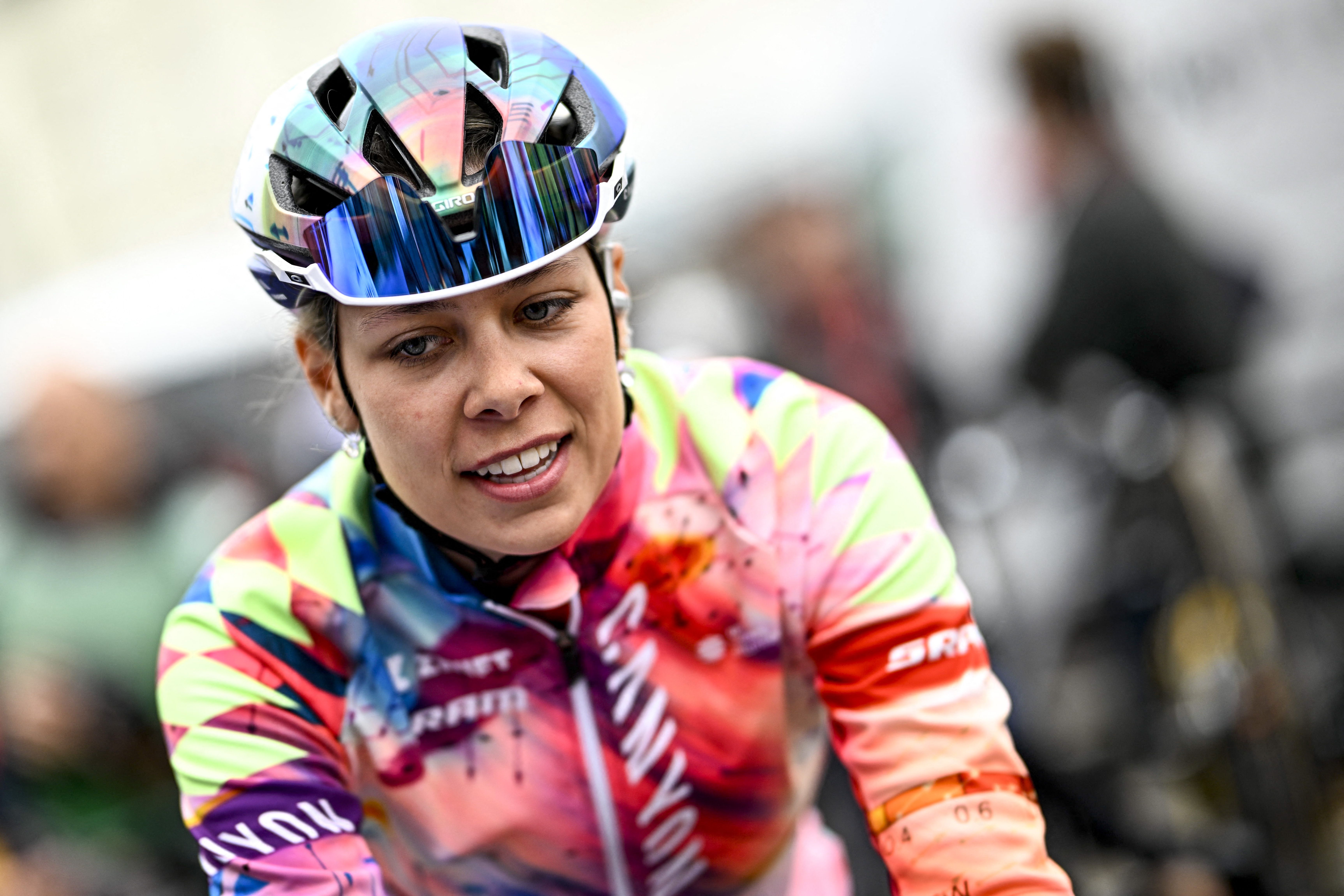 'We are not cheaters' says Belgian rider Shari Bossuyt after anti-doping positive
'We are not cheaters' says Belgian rider Shari Bossuyt after anti-doping positiveThe Canyon-SRAM rider tested positive for Letrozole in an anti-doping control in March
By Tom Davidson
-
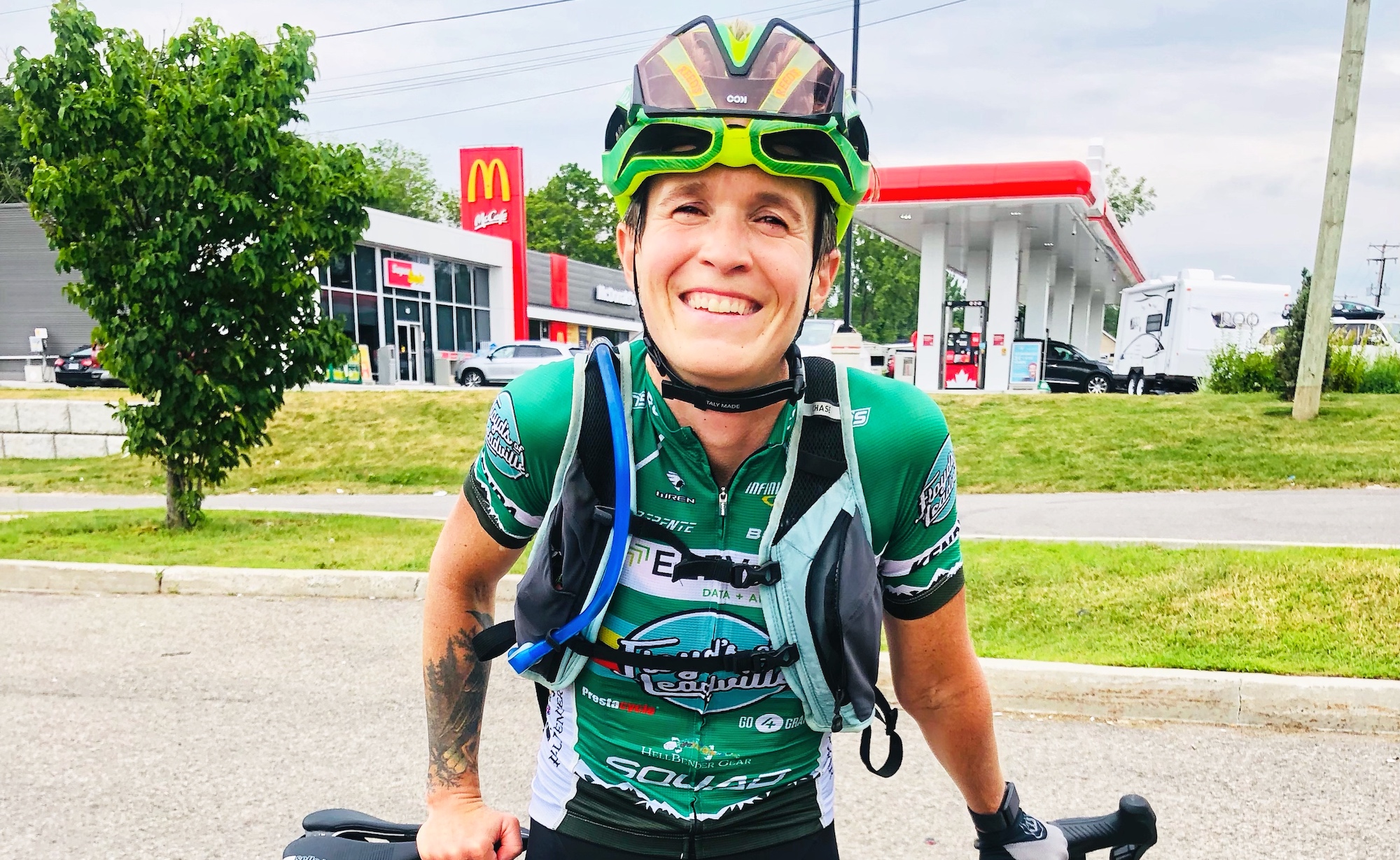 "Failing that drug test was the best thing that had ever happened to me"
"Failing that drug test was the best thing that had ever happened to me"Abuse victim and disgraced cycling champion Geneviève Jeanson finds solace in return to bike racing
By Anne-Marije Rook